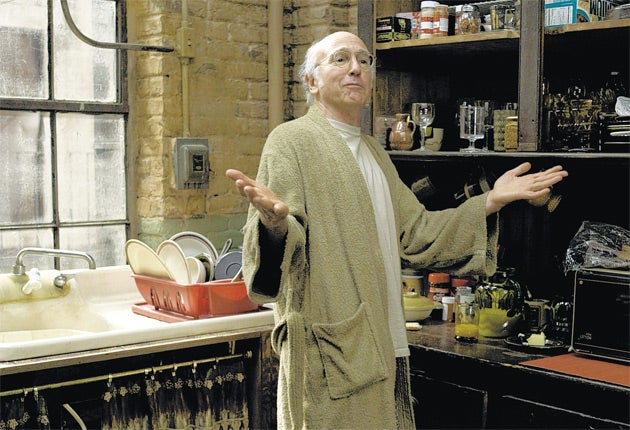
Your support helps us to tell the story
From reproductive rights to climate change to Big Tech, The Independent is on the ground when the story is developing. Whether it's investigating the financials of Elon Musk's pro-Trump PAC or producing our latest documentary, 'The A Word', which shines a light on the American women fighting for reproductive rights, we know how important it is to parse out the facts from the messaging.
At such a critical moment in US history, we need reporters on the ground. Your donation allows us to keep sending journalists to speak to both sides of the story.
The Independent is trusted by Americans across the entire political spectrum. And unlike many other quality news outlets, we choose not to lock Americans out of our reporting and analysis with paywalls. We believe quality journalism should be available to everyone, paid for by those who can afford it.
Your support makes all the difference.What a week for faded giants. In considering the careers of Francis Ford Coppola and Woody Allen, one's feelings are torn between deep gratitude for their life-changing body of work in the 1970s and 1980s, and deepening dismay that neither of them has the faintest idea when to quit. In the case of Allen that problem is the more acute on account of his one-film-per-year output. Never say nadir again where this director is concerned – there's always another shocker on the way.
Whatever Works isn't as jaw-on-the-floor terrible as Cassandra's Dream or Match Point, from Allen's suite of recent London misadventures. But it is terrible. Larry David plays Boris, a once-eminent physics professor who's vain of his intellect and scornful of everything else. "We're a failed species," he reckons, and nothing in this dark and indifferent universe will save us. At first Boris conveys his bleak worldview through kvetching monologues to camera, just as Allen himself did in Annie Hall, the difference being that it was fresh and funny back in 1977. David is an adroit comedian, but here his misanthropic ranting is one-note and way too emphatic (like the rest of the cast, he doesn't seem properly rehearsed).
Boris, true to the Allen type, likes old movies, old music, old literature – and very young women. So when a Southern teenage runaway named Melody (Evan Rachel Wood) comes begging for shelter one night outside his Manhattan apartment he makes only a half-hearted objection, and allows her to stay. Melody, a Pollyanna in flimsy tops, indulges this old grouch, breezes through his insults and, wouldn't you know, eventually confesses a crush on him. Next thing they're getting married, though Allen wisely avoids any scene of them smooching or in bed together. It's creepy, all the same, and pretty condescending. Boris, for all his self-proclaimed genius, is no Henry Higgins: from his pronunciation he plainly doesn't know the difference between a cretin and a Cretan, and in one excruciating moment he corrects Melody's grammar, incorrectly. Physics prof, heal thyself.
The mood of the picture turns farcical once Melody's bible-belt parents show up at Boris's apartment. Patricia Clarkson and Ed Begley Jr do their best as these God-fearing southerners, though their extraordinary personal transformations – she turns into a promiscuous Boho photographer, he admits he's gay – are too hurried to be funny. Melody herself soon tires of her curmudgeonly husband and falls for a British actor of her own age (though when did you last meet any Brit named "Randy Lee James"?). Boris's response to this is to try and kill himself, but even in this desperate recourse he is disappointed. His fallback position is to argue that we must take our small pleasures where we can find them: whatever works, see?
This shrugging philosophy would sound more persuasive if it were tied to a recognisable human drama, but Allen no longer looks capable of it. In his heyday his comic contrivances worked because they were rooted in truth; nowadays they are rooted in a weird otherworld of stage farce and wishful thinking that allows a 60-year-old guy to score with a hot young tootsie. I laughed once, when Clarkson's southern belle asks to go somewhere "fun" for the afternoon in Manhattan. "How about the Holocaust Museum?" suggests Boris. The joke withers, however, when Boris later recommends that all children be sent for two weeks to a "concentration camp". That's the sort of line to make you wonder if Allen can really tell "whatever works" – funny or otherwise.
Join our commenting forum
Join thought-provoking conversations, follow other Independent readers and see their replies
Comments